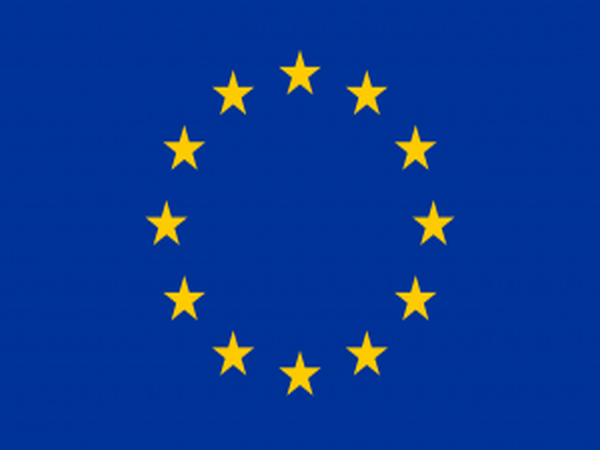EU launches Red Sea mission as US ship attacked twice
Feb 20, 2024
Dubai [UAE], February 20: The European Union formally launched a naval mission on Monday to protect Red Sea shipping from Yemen's Houthi rebels as a US-owned cargo vessel came under fire twice in the region. The Iran-backed Houthis, who control much of war-torn Yemen, have been harassing the vital shipping lane since November in a campaign they say is in solidarity with Palestinians in Gaza during the Zionist assault on Gaza.
The EU aims to have the mission - called Aspides, Greek for "shield" - up and running in a "few weeks" with at least four vessels, an official said on Friday, ahead of Monday's official launch. "Europe will ensure freedom of navigation in the Red Sea, working alongside our international partners," European Commission President Ursula von der Leyen wrote on X, formerly Twitter. The United States is already spearheading its own naval coalition in the area and has conducted retaliatory strikes on Houthi targets in Yemen, as has Britain. The dozens of Houthi attacks have roiled shipping in the Red Sea, forcing some companies to take alternative routes including a two-week detour around the tip of southern Africa. In the latest incident, a Greek-flagged, US-owned cargo ship was attacked twice in two hours in the Gulf of Aden, which adjoins the Red Sea, maritime security firm Ambrey said. The bulk carrier reported a "missile attack" before another projectile hit the water just meters (yards) from the ship, Ambrey said.
The ship's master reported "evidence of shrapnel and damage to paintwork" in the second incident, the Royal Navy's UK Maritime Trade Operations (UKMTO) said. Earlier, the Houthis claimed an attack on a British ship in the Gulf of Aden, after Ambrey reported an attack on a UK-registered cargo ship in the Bab al-Mandeb Strait linking the Gulf of Aden and Red Sea.
The UKMTO reported an incident 35 nautical miles (65 kilometers) south of Mokha on Yemen's Red Sea coast, without naming the ship. The location would be towards the Bab al-Mandeb Strait. Citing "military authorities", UKMTO said the crew had safely "abandoned the vessel" which was left at anchor with military authorities at the site and providing assistance.
'Impact on the entire world'
As the attacks continued, Qatar's energy minister called for a ceasefire in Gaza to end the insecurity in the Red Sea, which has disrupted oil deliveries along with other trade. Saad al-Kaabi, who is also the chief executive of state-owned QatarEnergy, said the "root of the problem" in the Red Sea, where Iran-backed Houthi rebels have targeted commercial vessels, "is the (Zionist) invasion of Gaza".
"Hopefully there is a ceasefire soon that will stop that so that the economic impact on the entire world stops," he said at a ground-breaking ceremony for a new petrochemicals plant on Qatar's northeast coast.
Egypt's President Abdel Fattah al-Sisi said that revenues in the Suez Canal, which links the Red Sea with the Mediterranean, had fallen "40 to 50 percent" so far this year. The canal, which brought in $8.6 billion in the 2022-23 fiscal year, is a vital source of foreign currency for Cairo, which is suffering from a severe financial crisis. Italian top diplomat Antonio Tajani confirmed the EU mission's launch during a meeting of foreign ministers in Brussels, calling it "an important step towards common European defense". The overall commander of the EU mission will be Greek, while the lead officer in operational control at sea will be Italian. So far France, Germany, Italy and Belgium have said they plan to contribute ships.
The EU says the mission's mandate - set initially for one year - is limited to protecting civilian shipping in the Red Sea and that no attacks will be carried out "on Yemeni soil". An EU official said there would be "continuous military to military contact" to coordinate actions with the United States and other forces in the region. The EU's 27 countries agreed the Red Sea mission in a matter of weeks as concerns mount that the Houthi attacks could damage their economies and push up inflation. - AFP
Source: Kuwait Times








